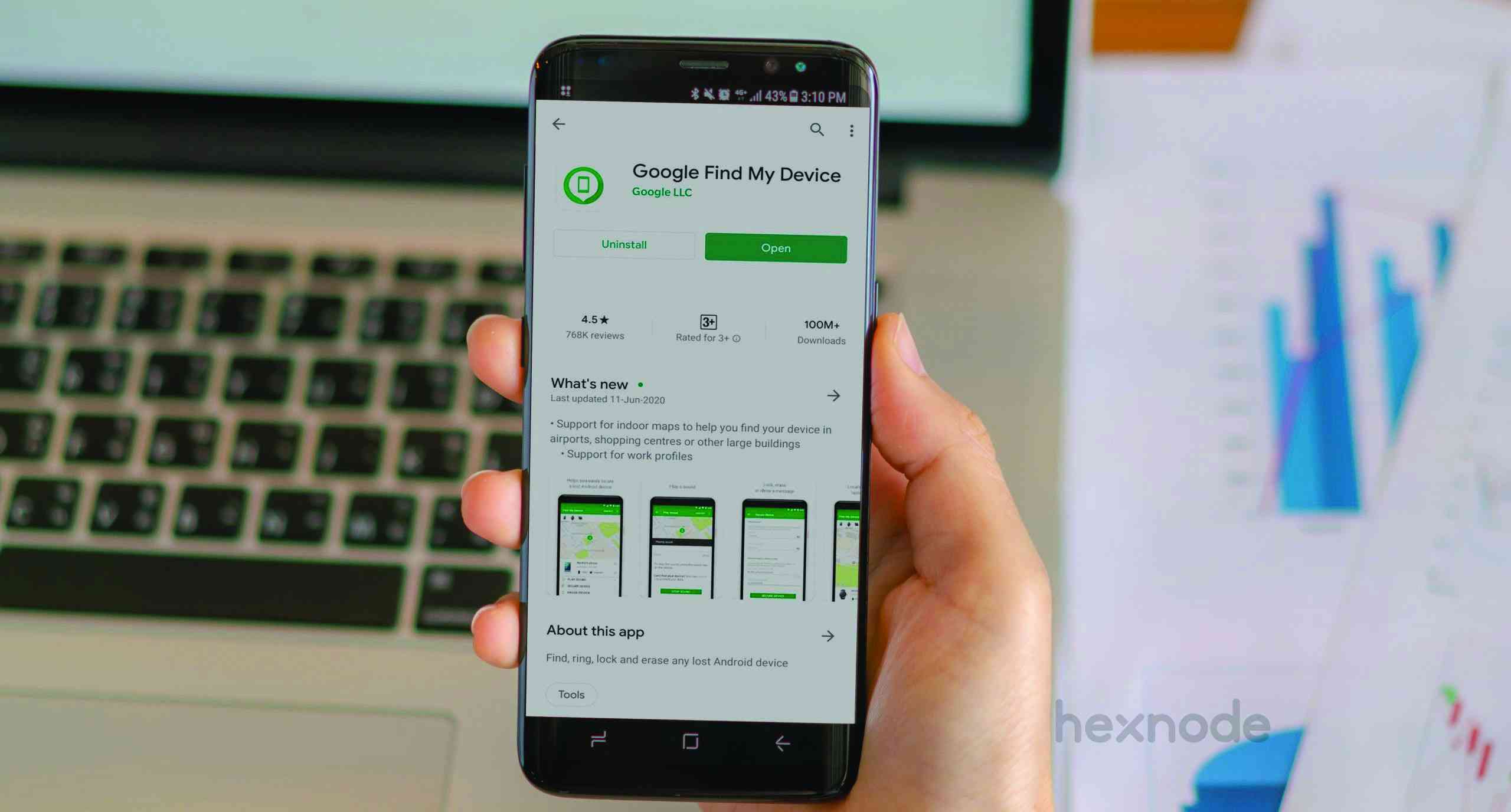
IN a recent incident, the Zimbabwe Republic Police apprehended nine suspects, including four serving soldiers, allegedly involved in a series of armed robberies in Harare, Murehwa, and Shamva.
The investigation saw a significant breakthrough with the successful tracking of a stolen mobile phone, a pivotal development that ultimately guided the police to identify and apprehend the suspects.
Smartphone tracking in law enforcement is playing a significant role in Zimbabwe.
Advancements in smartphone technology have revolutionised the way law enforcement agencies track and apprehend criminals.
Initially, tracking relied on devices being connected to the internet.
But with the introduction of offline tracking and the use of Bluetooth signals, authorities can locate stolen phones even when they are not connected to the internet.
Google's Find My Device system has undergone a significant update, allowing users to track lost Android smartphones even when they are offline.
The update includes a crowd-sourced network of over a billion Android devices, utilising Bluetooth signals emitted by neighbouring devices to pinpoint a device's real-time location.
- Re-imagining the workplace: Google and other company visions
- Letter to my people: Skeletons tumbling out of closets
- Local firms fail Tanganda test
- In Conversation with Trevor: ICT guru Stafford Masie speaks out
Keep Reading
During one of the robberies, they stole a mobile phone, which later became a crucial element in their apprehension.
This breakthrough allowed police to arrest one of the suspects and recover stolen items, including firearms.
The captured suspect provided valuable information during interrogation, which led to the arrest of the other individuals involved in the alleged armed robberies.
Google's Pixel phones have received exclusive enhancements, allowing them to be located even when the battery has no power.
This is made possible by a reserve power supply dedicated to the Bluetooth chip.
Find My Device is easily accessible through both an app and the web.
It is automatically activated for Android devices signed into a Google Account.
Google has integrated support for third-party Bluetooth trackers into the Find My Device app, expanding its functionality and compatibility with different tracking devices.
Displaying proximity prompts to the user. Additionally, the App can detect the locations of Bluetooth headsets from various vendors.
Google addresses privacy concerns by ensuring that the Bluetooth-based location data is encrypted end-to-end, with only authorised individuals able to decrypt and view the data.
Users have the option to opt out of the Find My Device network if they prefer to maintain their privacy.
The ability to track stolen devices, even when they are offline, and the integration of a crowd-sourced network have significantly enhanced law enforcement efforts.
The case in Zimbabwe serves as a reminder of the potential of smartphone tracking technology in ensuring public safety and bringing criminals to justice.
Certainly, the use of these new technologies sends a strong message and serves as a warning to potential criminals. So be warned, you will be arrested.
- Mutisi is the CEO of Hansole Investments (Pvt) Ltd. He is the current chairperson of Zimbabwe Information & Communication Technology, a division of Zimbabwe Institution of Engineers.










